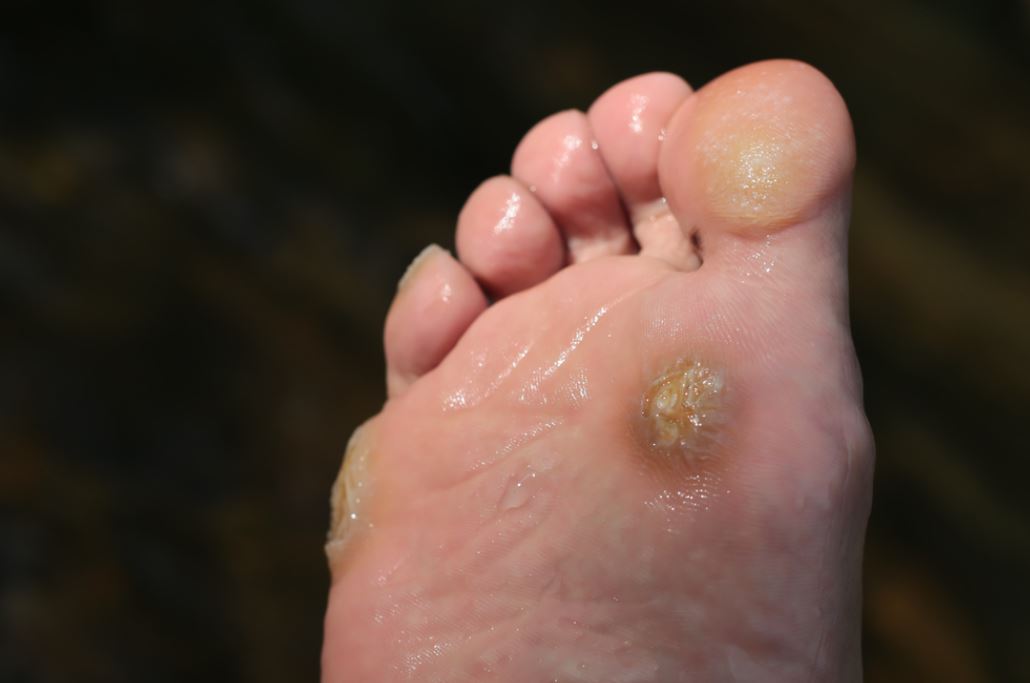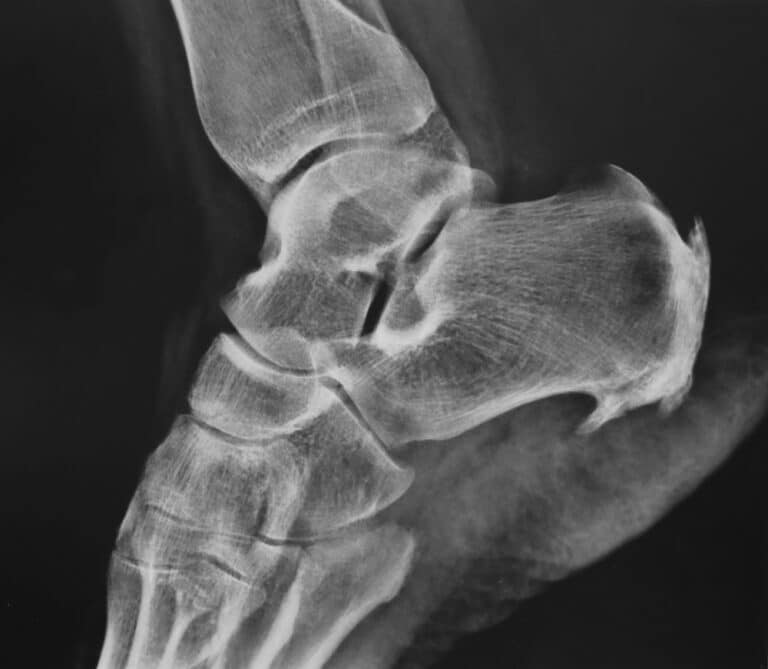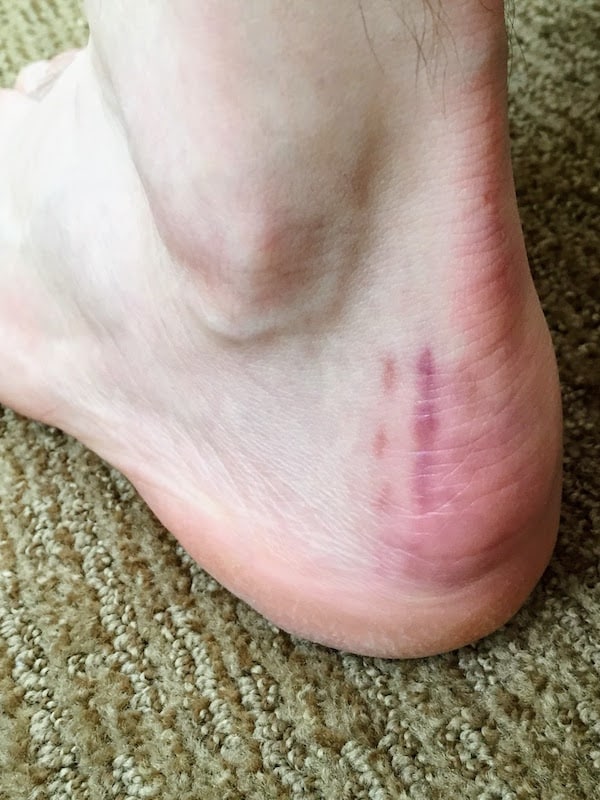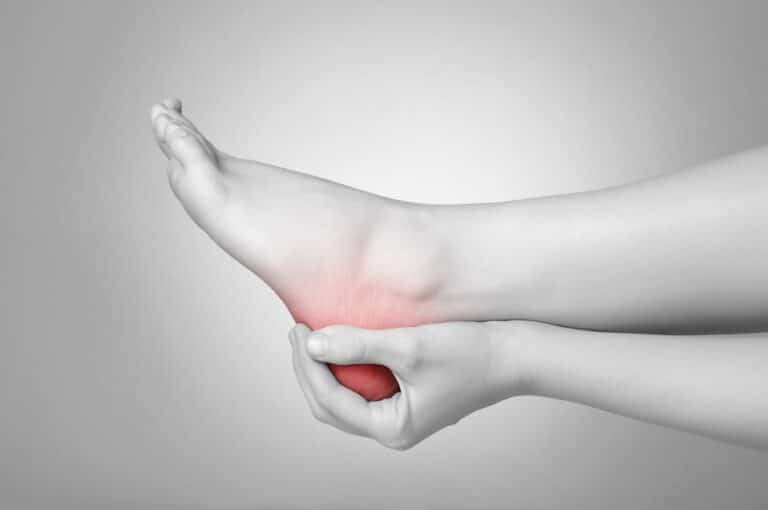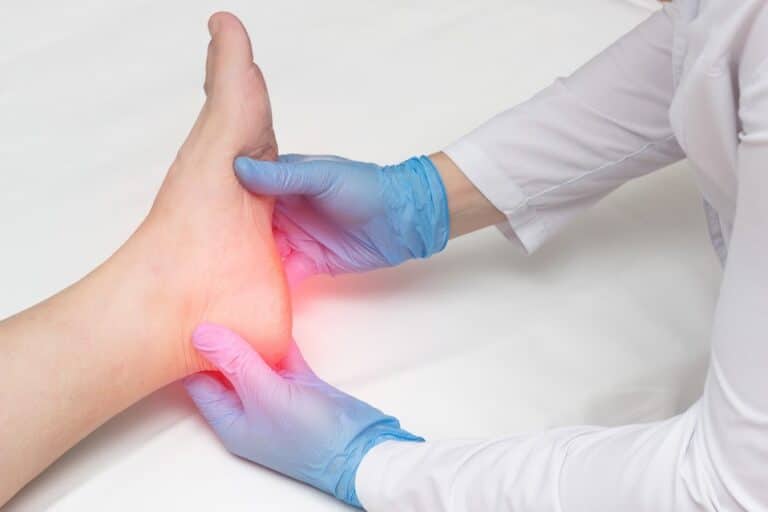Foot corns are a skin condition that keeps popping up when you least expect it, and somehow it forms on your big toes most of the time. But have you ever thought Why do I have corns on the bottom of my big toes? Is there a reason they form in that exact spot, and do you need corn removal surgery?
Get a 10% Discount on Corn Removal Surgery
Even though big toes are a common place where corns are formed, there is no concrete reason why. Corns on your big toes form for the same reasons why they form on the rest of your feet – a combination of friction and dry skin.
Pressure and Friction on the Big Toes Can Be the Cause
When walking, running, or even standing, the biggest amount of pressure is applied to the big toe out of all toes, and pressure and friction are known to cause foot corns.
Ill-Fitting Shoes Can Also Create Corns
A big factor in forming corns are shoes that don’t fit the way they should. Friction on the toes can be caused by too-tight shoes and narrow toe boxes, as well as by too-wide shoes where your foot slides around inside the shoe.
How to Know That You Have Corns on the Bottom of Your Big Toes?
Even though foot corns are asymptomatic in most cases, corn on the bottom of your big toe is pretty hard to go by unnoticed. You will know you have a corn on the bottom of your big toes if you can see and feel a rounded lump of hardened skin that is irritable to the touch. If your corn is located on the bottom of your toe, it’s most likely a hard corn, and it should be easily recognizable by its beige or yellow color.
What Causes Corns on the Bottom of the Big Toe?
There is no specific reason why corns frequently form on the bottom of the big toe. However, there might be a connection to the fact that the bottom of your big toe is a bigger surface than the bottom of other toes, there is more dry skin there, and foot corns are related to dry skin.

How to Treat Corns on the Bottom of Big Toes?
The course of treatment for a foot corn on your big toe is the same as it would be for any other foot corn – you can give home remedies a shot, or you can have a doctor remove the corn for you.
Should You Use Home Remedies?
Home remedies are a great way to get rid of foot corns, but they don’t work 100% of the time. There are various methods you can try, but soaking our feet in warm water for 15 minutes and filing the corn with a pumice stone afterward have proven to be the most effective.
When to See the Doctor?
If home remedies aren’t helping you, or you have noticed an infection starting to grow on the corn, you should go see a doctor to examine it. It’s a skin condition, and it shouldn’t be taken lightly.
Visit Your Doctor in Miami and Schedule Corn Removal Procedure
A medical procedure is the fastest and most efficient way to get rid of foot corn. All you need to do is contact us and figure out a time that would suit your schedule to come into the Luxe Foot Surgery center and have the corn removed.
FAQ
How Do You Get Rid of Corns on the Bottom of Your Big Toe?
You get rid of corns on the bottom of your big toes just like you would get rid of any other corn on your foot. You can try home remedies or get minimally invasive surgery if you want a more effective solution.
How Do You Prevent Corns on Your Big Toe?
You can prevent corns on your big toes and feet overall by wearing comfortable, well-fitting shoes that don’t irritate the skin on your feet and by regularly applying moisturizing creams on your feet, so you don’t get dry skin.
Can You Pull a Corn Out of Your Foot?
Yes, you can pull a corn out of your foot on your own, but it would be best to leave it up to professionals and go to the doctor’s office to have them pull it out.
Are Toe Corns Permanent?
No, toe corns are not permanent, and they will go away after a month or two on their own, or a few weeks in case you get treatment.
References
- Corns and Calluses.” Cleveland Clinic, https://my.clevelandclinic.org/health/diseases/16896-corns-and-calluses. Accessed March 27, 2023.
- Corns and Calluses.” Mount Sinai Health Library, https://www.mountsinai.org/health-library/diseases-conditions/corns-and-calluses. Accessed March 27, 2023.
